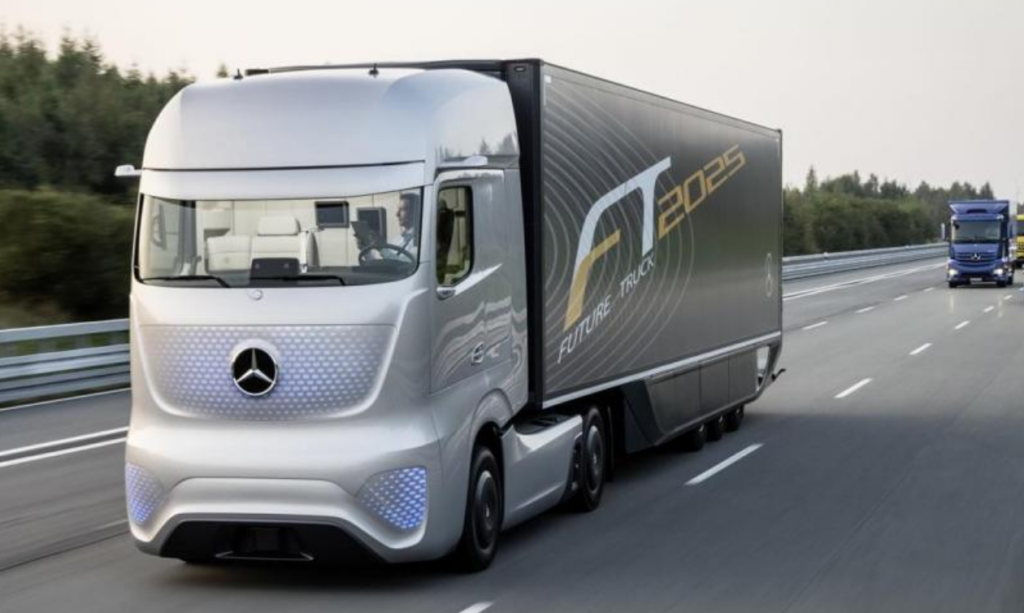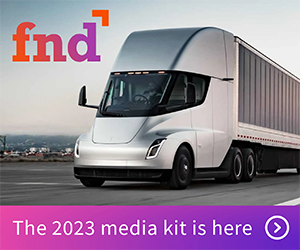Automated Road Freight Impact on Driver Jobs Demands Managed Transition
Governments must consider ways to manage the transition to driverless trucks in order to avoid potential social disruption from job losses, says a new report published by the International Transport Forum (ITF) with three partner organizations.
In terms of positives, self-driving trucks will help save costs, lower emissions and make roads safer. They could also address the shortage of professional drivers faced by road transport industry, the study says.
But automated trucks could reduce the demand for drivers by 50-70% in the US and Europe by 2030, with up to 4.4 million of the projected 6.4 million professional trucking jobs becoming redundant, according to one scenario.
Even if the rise of driverless trucks dissuades newcomers from trucking, over 2 million drivers in the US and Europe could be directly displaced, according to scenarios examined for the report.
The report makes four recommendations to help manage the transition to driverless road freight:
- Establish a transition advisory board to advise on labour issues.
- Consider a temporary permit system to manage the speed of adoption.
- Set international standards, road rules and vehicle regulations for self-driving trucks.
- Continue pilot projects with driverless trucks to test vehicles, network technology and communications protocols.
The report was prepared jointly by the European Automobile Manufacturers’ Association (ACEA), the International Transport Workers’ Federation and the International Road Transport Union (IRU), the road transport’s industry’s global body, in a project led by the International Transport Forum, a Paris-based intergovernmental organisation linked to the OECD.
José Viegas, Secretary-General of the International Transport Forum (ITF) said:
“Driverless trucks could be a regular presence on many roads within the next ten years. Self‑driving trucks already operate in controlled environments like ports or mines. Trials on public roads are under way in many regions including the United States and the European Union. Manufacturers are investing heavily into automation, and many governments are actively reviewing their regulations. Preparing now for potential negative social impact of job losses will mitigate the risks in case a rapid transition occurs.”
Category: Connected Fleet News, Driver Stuff, General Update










